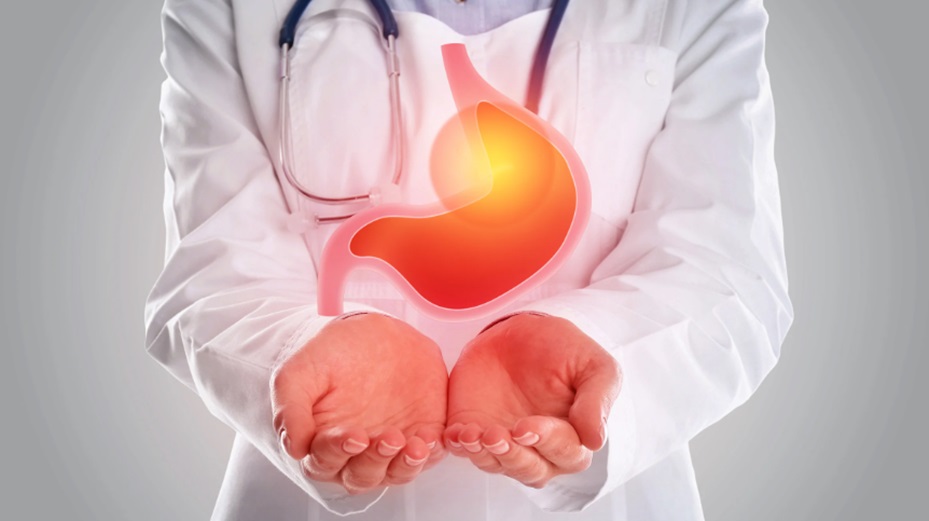
Understanding the Connection Between Obesity and Gastroesophageal Reflux Disease Treatments
Obesity and gastroesophageal reflux disease (GERD) are closely linked, with obesity often exacerbating GERD symptoms. Managing GERD effectively involves understanding how excess weight impacts the condition and exploring suitable treatment options. For individuals seeking relief, gastroesophageal reflux disease treatments in Marietta offer a range of solutions tailored to different needs.
The Impact of Obesity on GERD
Obesity increases the risk of GERD due to several factors, including abdominal pressure, hormonal changes, and dietary habits. Excess body fat can pressure the stomach, forcing acid into the esophagus and triggering reflux symptoms. Additionally, hormonal shifts linked to obesity can weaken the lower esophageal sphincter (LES), which normally prevents acid backflow.
Symptoms of GERD in Individuals with Obesity
People with obesity may experience more severe GERD symptoms, including:
- Persistent heartburn
- Regurgitation of stomach acid
- Chest discomfort or pain
- Difficulty swallowing
The frequency and intensity of these symptoms highlight the importance of addressing weight management alongside GERD treatment.
Treatment Options for GERD
Effective GERD management requires a combination of lifestyle changes and medical interventions.
Lifestyle Modifications
Adopting healthier habits can significantly alleviate GERD symptoms. Some recommended strategies include:
- Weight loss: Losing even a small amount of weight can reduce abdominal pressure and improve GERD symptoms.
- Dietary changes: Avoiding trigger foods like fatty meals, caffeine, and spicy dishes can minimize acid reflux.
- Meal timing: Eating smaller meals and avoiding food before bedtime can also help.
Medical and Surgical Treatments
For those whose symptoms persist despite lifestyle changes, medical and surgical treatments may be necessary. In Marietta, specialists provide tailored gastroesophageal reflux disease treatments to address individual needs. These options include:
- Medications: Proton pump inhibitors (PPIs) and H2 blockers reduce stomach acid production and heal the esophagus.
- Surgery: For severe cases, procedures like fundoplication or bariatric surgery can provide lasting relief.
The Role of Bariatric Surgery
Bariatric surgery is a particularly effective solution for individuals with obesity and GERD. By promoting significant weight loss, these procedures not only alleviate GERD symptoms but also reduce the risk of related complications. For individuals struggling with sleepless nights due to GERD, a detailed guide on achieving restful sleep can be a helpful resource.
Conclusion
Recognizing the connection between obesity and GERD is essential for effective treatment. By integrating lifestyle changes with medical or surgical options, individuals can better manage their symptoms and enhance their quality of life. Residents of Marietta should consider exploring the specialized GERD treatments, which can provide relief and offer long-term health benefits.
FAQ
Q: Can GERD be cured?
An A: While there is currently no known cure for GERD, symptoms can be effectively managed through the lifestyle changes and medical interventions.
Q: What are the common risk factors for developing GERD?
A: The most common risk factors for developing GERD include obesity, pregnancy, smoking, and certain medications. Other factors, such as diet and genetics, may also play a role.
Q: How can I prevent or minimize my symptoms of GERD?
A: Making lifestyle changes can help prevent or alleviate symptoms of GERD. These changes include maintaining a healthy weight, avoiding foods and beverages that trigger symptoms, quitting smoking, and managing stress. It’s also essential to follow any treatment plans your healthcare provider recommends.
